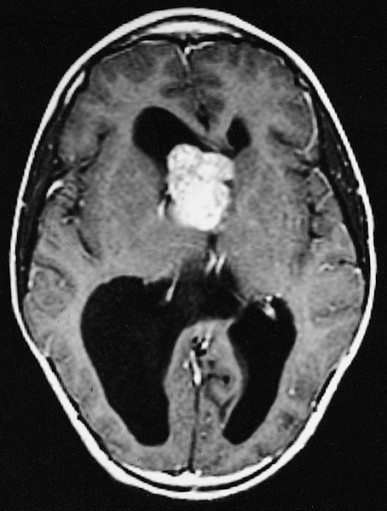Dieting Leads to Self-Cannibalization of the Brain: Study

Dieting makes brain cells eat themselves, researchers said Wednesday.
In a new report, scientists say that hunger-inducing neurons consume themselves for energy during periods of starvation. This causes the body to produce fatty acids, which increases the amount of AgRP in the brain. AgRP is a hunger-signaling peptide that raises the desire to eat.
The study was conducted on lab mice, and published in the journal Cell Metabolism. The metabolic processes between mice and humans are very similar, according to the Los Angeles Times, especially when it comes to feeling hungry.
The process of cells eating themselves is called "autophagy" in fancy science talk.
Researchers found that when they blocked the production of AgRP, the mice didn't eat as much, even after long periods without food. This has potential implications in the development of anti-obesity medications, which have a historically poor success rate.
© Copyright IBTimes 2024. All rights reserved.





















